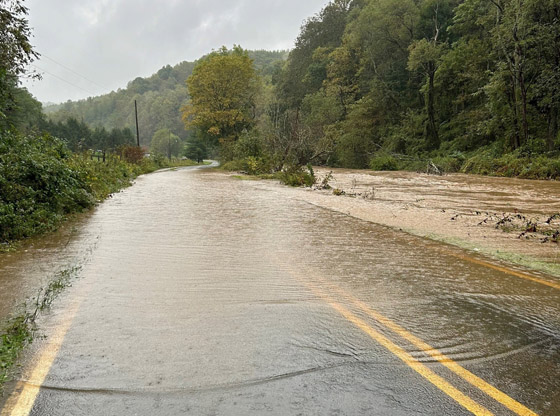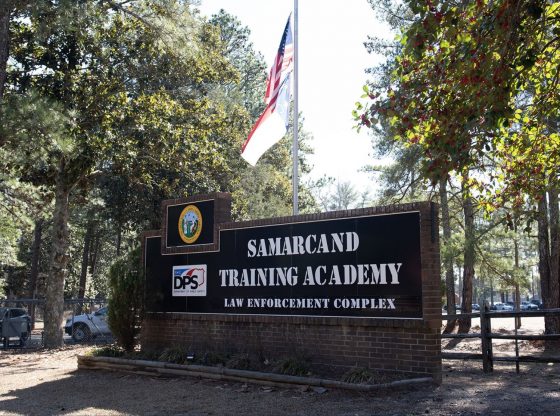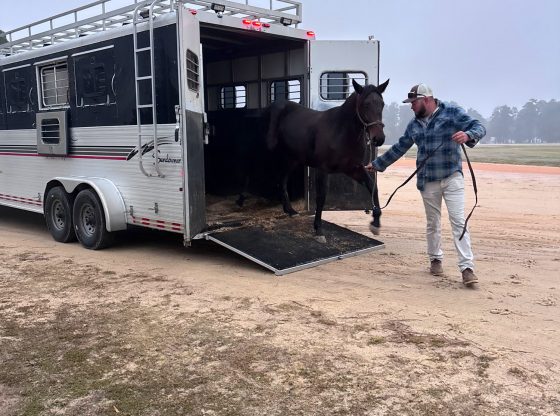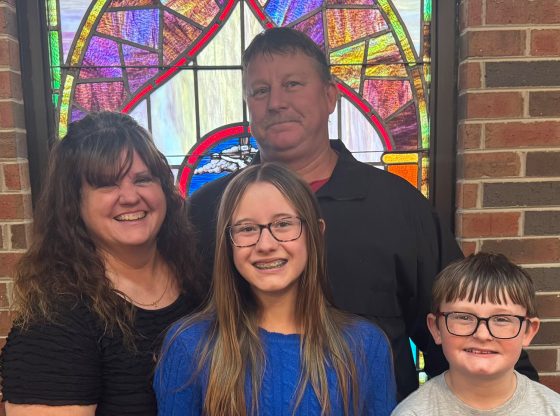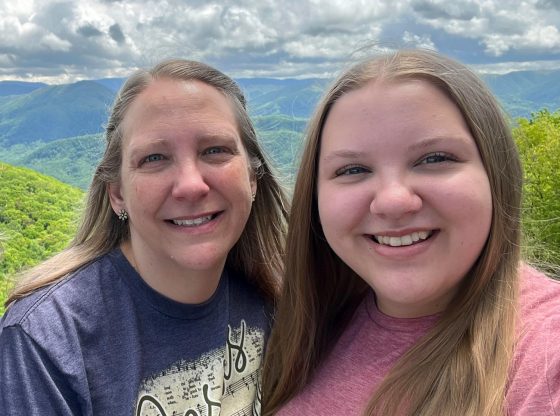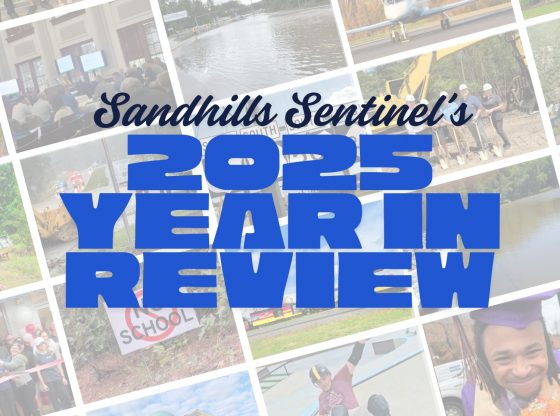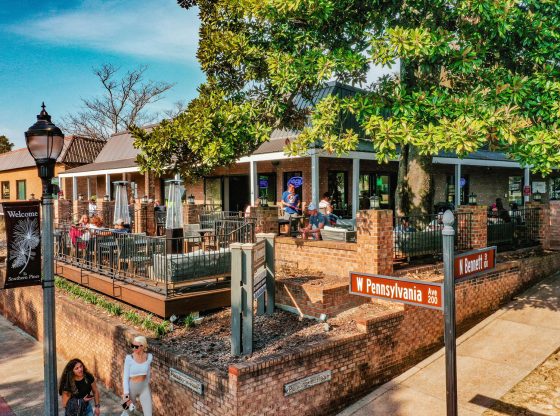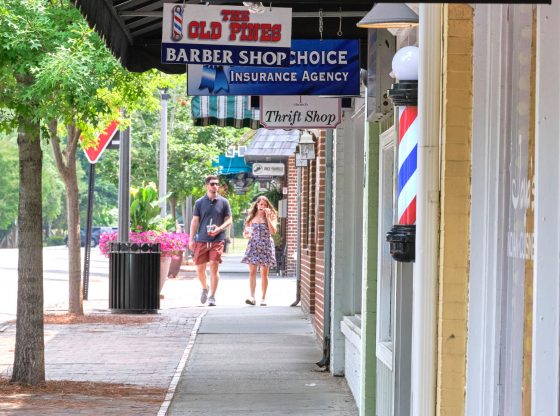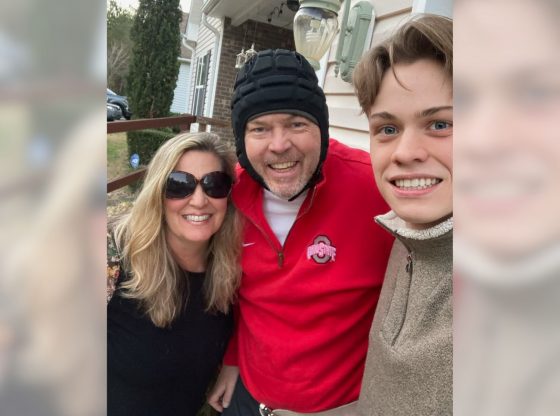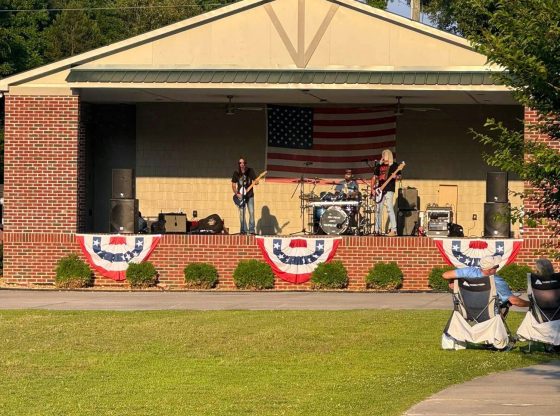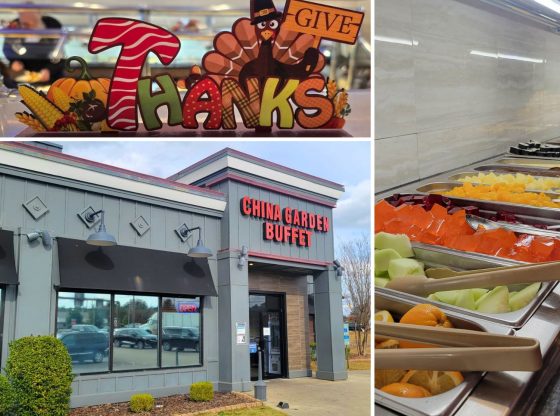After a disaster or public tragedy, such as Hurricane Helene, people want to help in any way possible, often contributing to fundraisers to help the survivors and the victims’ families.
Sadly, scammers often take advantage of these moments of vulnerability to deceive donors. In addition, there are often campaigns set up by well-meaning individuals who may not be able to deliver on promised relief activities. Better Business Bureau Serving Eastern Carolinas (BBB) urges donors to be cautious about appeals that do not specifically identify the intended use of funds.
To donate to the North Carolina Disaster Relief Fund, visit nc.gov/donate. Eligible nonprofits can seek grants and reimbursement of up to $10,000 from the NC Disaster Relief Fund for efforts to meet immediate storm recovery needs via the United Way of North Carolina.
There are many road closures going in and out of Western NC. You can visit drivenc.gov to check road conditions in the area.
Those affected by the storm can apply for federal assistance through FEMA’s website.
BBB advises you to utilize the BBB Wise Giving Alliance, which offers the following giving tips and a list of BBB Accredited Charities soliciting for relief efforts.
What to Look For:
*Can the charity get to the impacted area? Not all relief organizations will be positioned to provide relief quickly. Check to see if they are already in the area or will be soon.
*Be alert to possible social media scams. Scammers recognize the emotional motivation to help in response to emergency situations. Be wary of responding to appeals without taking the opportunity to verify the trustworthiness of the social media source or the specified charity.
*Consider donating money rather than clothing or food. Local drives to collect clothing and food to send overseas may not be practical as the logistics and timing to deliver and disperse such items will be challenging. Relief organizations are better equipped to obtain what is needed, distribute it effectively and avoid duplication of effort.
*Is the charity experienced in providing emergency relief? Experienced disaster relief charities are the best bet to help deliver aid as soon as possible. New entrants may have difficulty in following through even if they have the best of intentions.
*Are you considering crowdfunding appeals? If engaging in crowdfunding, it is safest to give to someone you personally know and trust, keeping in mind that some crowdfunding sites take measures to vet posts, others don’t. If the poster claims they will forward funds to a specified charity, consider visiting the charity’s website on your own and giving to them directly after having checked them out.
*Be cautious about “100%” claims in appeals. Charities have fundraising and administrative expenses. If a charity promotion claims that all funds collected will be used for relief, see if there is an explanation about how they are able to do this. Even a credit card donation will have a processing fee.
*Watch out for charity name confusion. Be alert to questionable groups seeking to confuse donors with names that sound similar to charities you know.
ABOUT BBB WISE GIVING ALLIANCE: BBB Wise Giving Alliance (BBB’s Give.org) is a standards-based charity evaluator that seeks to verify the trustworthiness of nationally soliciting charities by completing rigorous evaluations based on 20 holistic standards that address charity governance, results reporting, finances, fundraising, appeal accuracy and other issues. National charity reports are produced by BBB’s Give.org and local charity reports are produced by local Better Business Bureaus – all reports are available at Give.org.
For more information about BBB, visit BBB.org.
Contributed article and photo.


